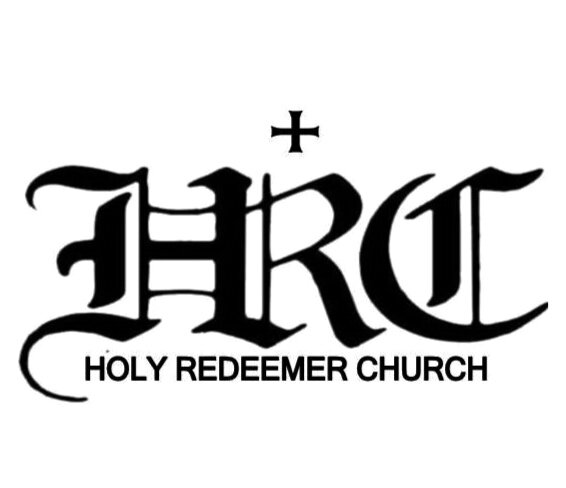Schooled by the Blessed Virgin Mary in Advent
december 22, 2024 | 4th sunday of advent, Year C
Micah 5:1-4A, Psalm 80; Hebrews 10:5-10; Luke 1:39-45
On today's Sunday, we light up the angel’s candle (God’s love candle) and we are assisting at the most important, as well as the most beautiful encounters in the Bible story. Mary meets her cousin, Elizabeth and Jesus meets his cousin, John the Baptist. What would be the implication of such meetings in our journey of faith? During Advent, as Christians we learn many things from the Blessed Virgin Mary, including: Faith, Hope, Humility, Charity, Patience and Prayer.
Mary’s meeting with Elizabeth (Luke 1:39-45)
In today’s Gospel, the Blessed Virgin Mary, who had just said “Yes” to the angel, had chosen to become the vessel that will bear the Savior of the world. The Word of God tells us that she “set out and traveled to the hill country in a haste to visit her cousin, Elizabeth who is also pregnant with John the Baptist for six months. What can we learn from this visitation?
Mary’s journey of Faith is also ours
First, Mary travels to the hill country to Judah on a journey of faith. She believed in the word of the angel. Elizabeth told her: “Blessed are you who believed that what was spoken to you by the Lord would be fulfilled” (Luke 1:45).
A Christian’s life is a journey of faith. We must believe in God’s word just as Mary did.
Mary’s charity, humility and spirit of service
By visiting Elizabeth, Mary also expresses her love and charity through the spirit of service. She manifests the urgency of sharing the Good news. Advent and our entire Christian life is about bringing Jesus (the Good news) to others. Do we share the goodness of God with others? Are we effective soul winners? Do we show compassion to those in need?
Christ’s presence is our joy
The season of Advent invites us to be opened to the Holy Spirit after the example of Elizabeth. Filled with the Holy Spirit, Elizabeth recognized Mary as “the mother of my Lord”. John the Baptist, still in her womb leapt for joy as an acknowledgement of the presence of the Messiah, the Son of God. The New and the Old testament have met and every prophecy is now fulfilled.
Like Mary and Elizabeth, the Church ought to respond to Christ's incarnation with open heart and exceeding joy. As Jesus filled Mary with the Holy Spirit, in the same way, his presence filled the Church with the Holy Spirit. As he dwelt in Mary as the Ark of the new covenant, so will he also dwell in the Church through the Eucharist. In Jesus, God’s love has filled our heart!
Prayer: Lord Jesus welcome in every moment of my life. Help me with your presence. May I open my heart to your love!
Fr. Georges Roger BIDZOGO SAC
Living The Gospel this week: The Hail Mary Prayer (Luke 1:28, 42)
On this third Sunday of advent, I suggest a little reflection on the “Hail Mary Prayer”. This little and simple prayer used by us Catholics is very powerful. It draws us closer to Jesus as we acknowledge the role of the Blessed Virgin Mary in the history of salvation. This prayer is rooted in the bible and is divided in two parts. The first part comes from the words of the Angel Gabriel (Luke 1:28) and Mary’s Cousin Elizabeth (Luke 1:42). The second part is a request, asking Mary to pray for us, especially at the moment of our death.
Mary is always ready to help us as she did at Cana (John 2:5) by praying for us, just like a good mother would. By saying the Hail Mary, you are not worshiping Mary, but you only ask for her prayers and her assistance. Mary is a humble servant of God, who tells us: “Do whatever he tells you” (John 2:5).
Let us always remember that: “the Hail Mary is the most beautiful prayer after Our Father and the most beautiful compliment to Mary”, St. Louis Grignion de Montfort. He “also believed that devotion to Mary is the most perfect devotion because Mary is the most conformed to Jesus Christ”.
Fr. Georges Roger BIDZOGO SAC



















